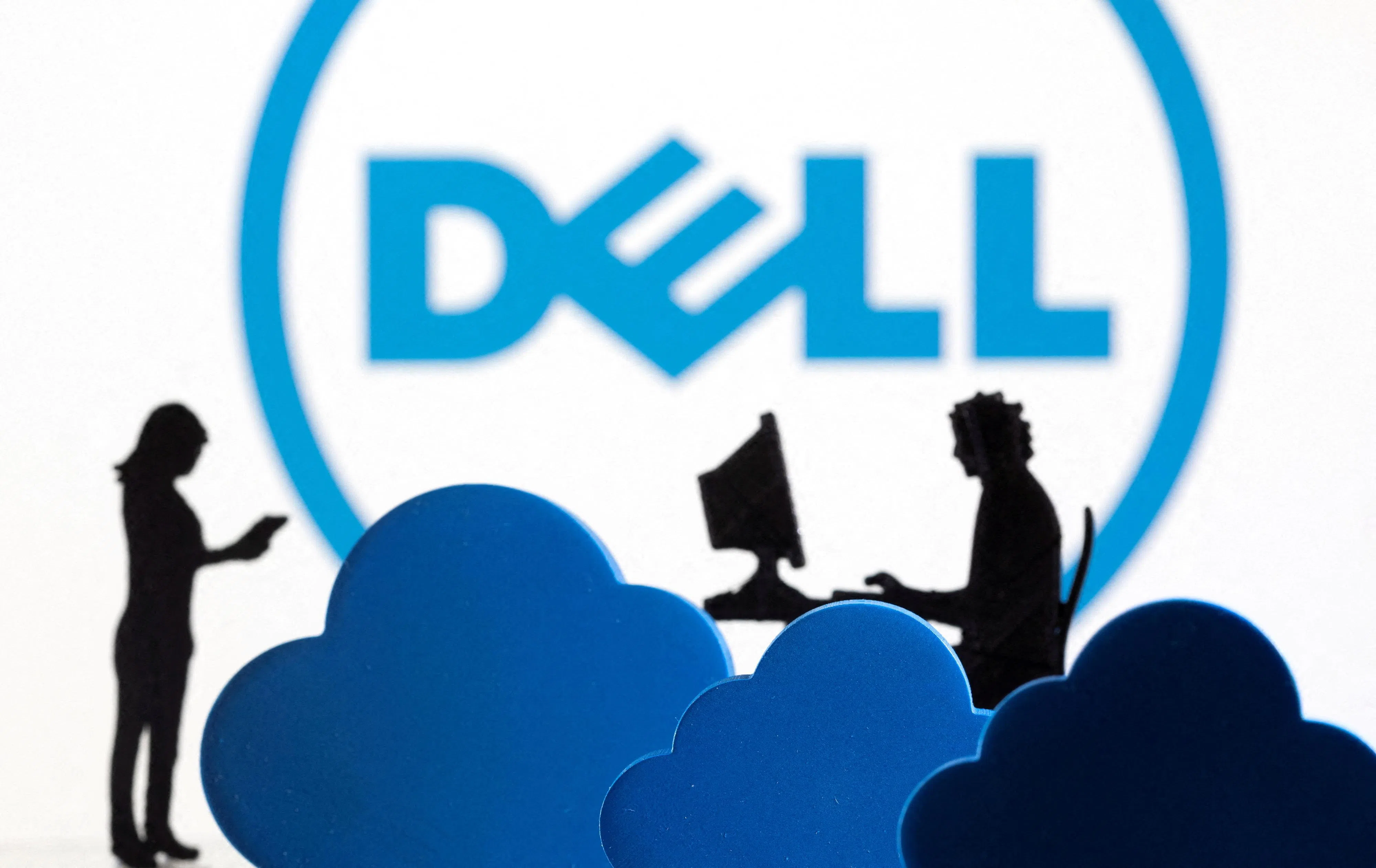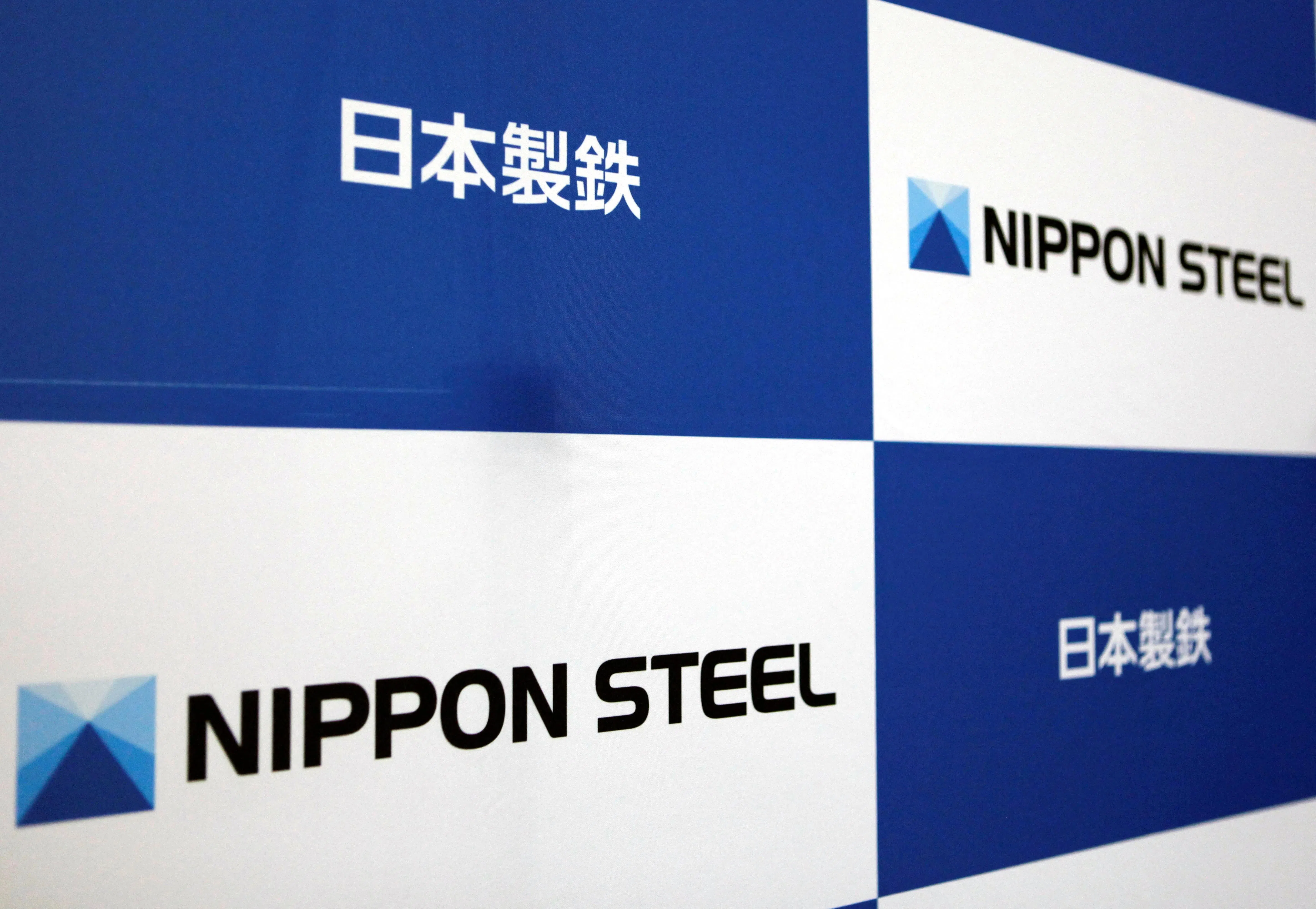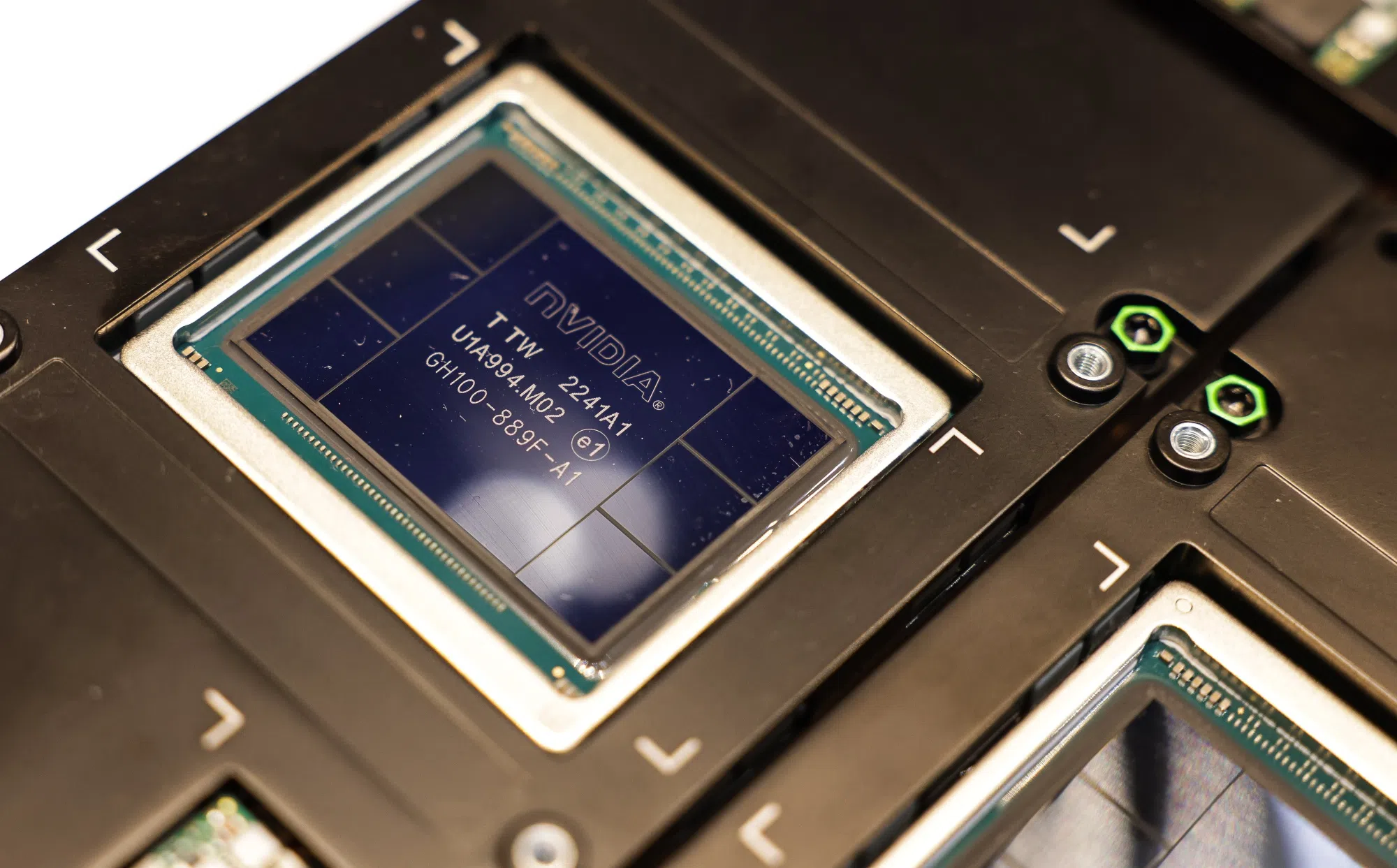DELL Technologies said on Thursday (May 30) it expects its adjusted gross margin rate to decline about 150 basis points in fiscal 2025, sending its shares down 18 per cent after the bell despite an upbeat quarterly earnings report.
“Given inflationary input costs, the competitive environment and higher mix of AI (artificial intelligence) optimised servers, we do expect our gross margin rate to decline,” CFO Yvonne McGill said on a post earnings call.
A surge in demand for high-performance computing and large-scale data centres to support the growing adoption of generative AI has spurred investments in AI-capable products, triggering demand for servers offered by companies such as Dell.
Shipments of the company’s AI-optimised servers more than doubled to US$1.7 billion, and the backlog grew more than 30 per cent to US$3.8 billion, chief operating officer Jeff Clarke said.
“Their margin decline reflected the competitive pricing environment as the market had not fully recovered yet and Dell’s competitors tried to grab the shares in this tight market,” Mikako Kitagawa, director analyst at Gartner said.
The results come days after Dell unveiled a range of AI-enabled personal computers (PCs) powered by Qualcomm processors and said that a new server, which supports Nvidia’s latest chips, will be available from the second half of 2024.
GET BT IN YOUR INBOX DAILY
Start and end each day with the latest news stories and analyses delivered straight to your inbox.
Fuelled by optimism about demand for its AI-optimised servers, Dell’s stock has more than doubled this year and hit a record high earlier this week.
Dell’s revenue for the first quarter ended May 3 rose about 6 per cent to US$22.2 billion, beating analysts’ average estimate of US$21.6 billion, according to LSEG data.
Excluding items, its first-quarter adjusted profit came in at US$1.27 per share, compared with an estimate of US$1.26 per share.
The company’s revenue for the infrastructure solutions group – which includes its storage, software and server offerings – rose 22 per cent to US$9.2 billion, while that of the client solutions group – home to PCs, was flat at US$12 billion. REUTERS







